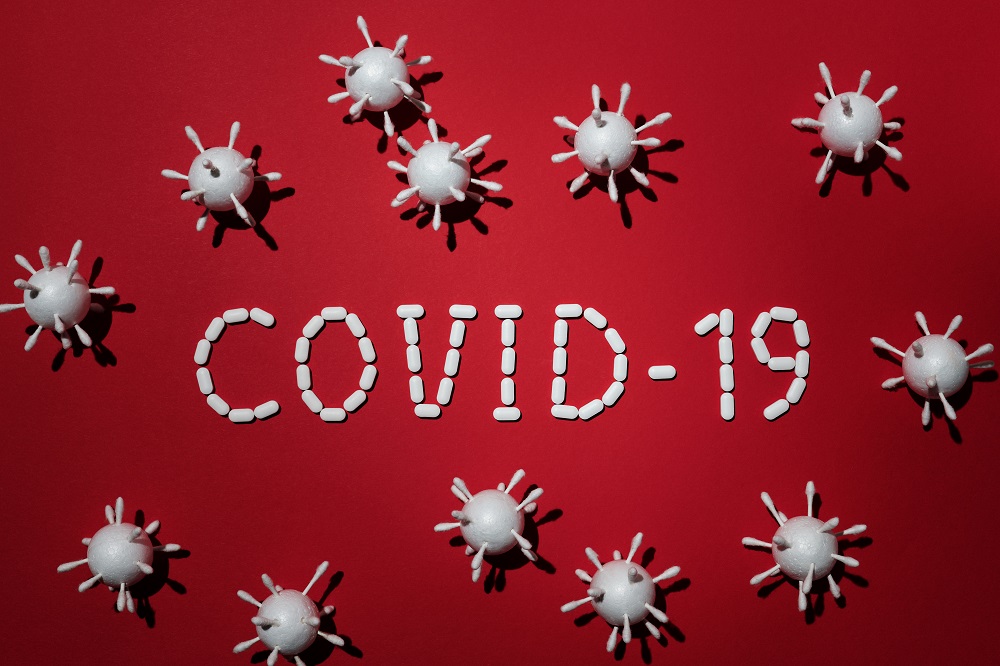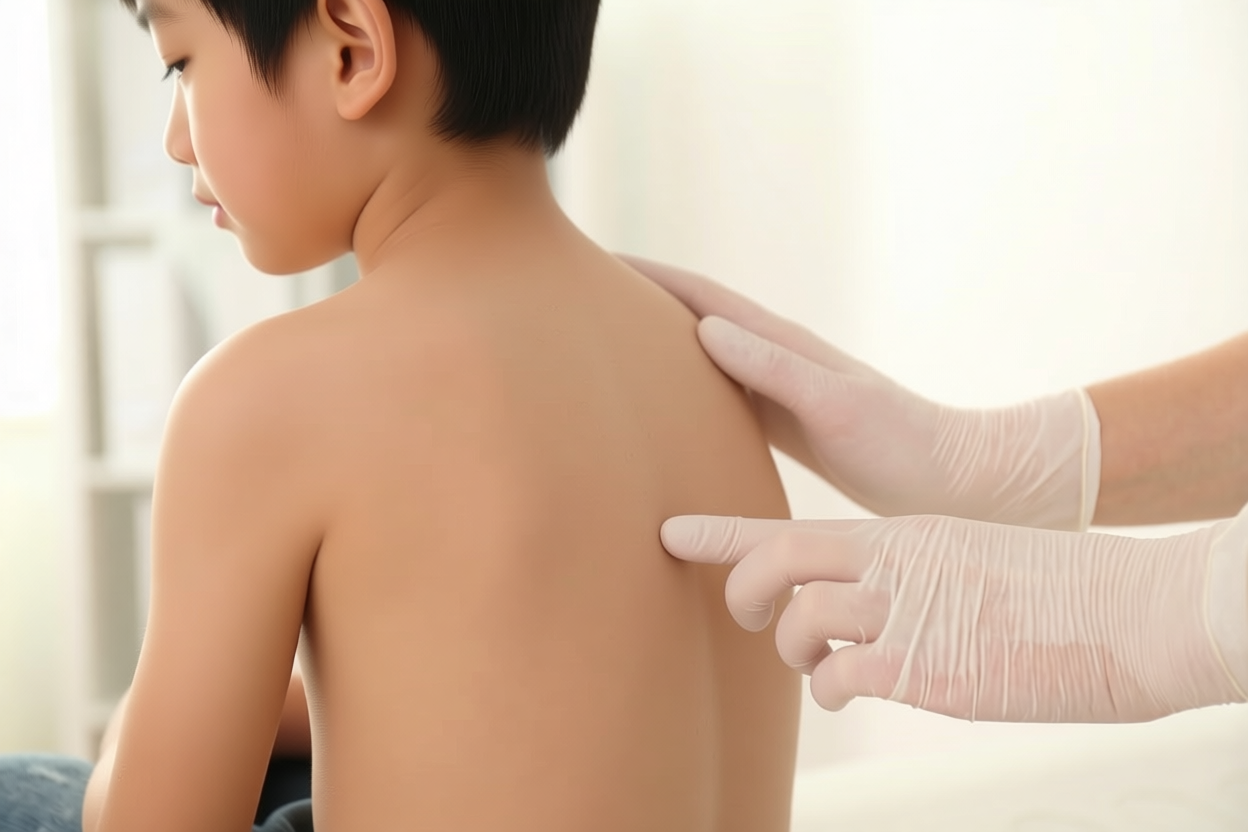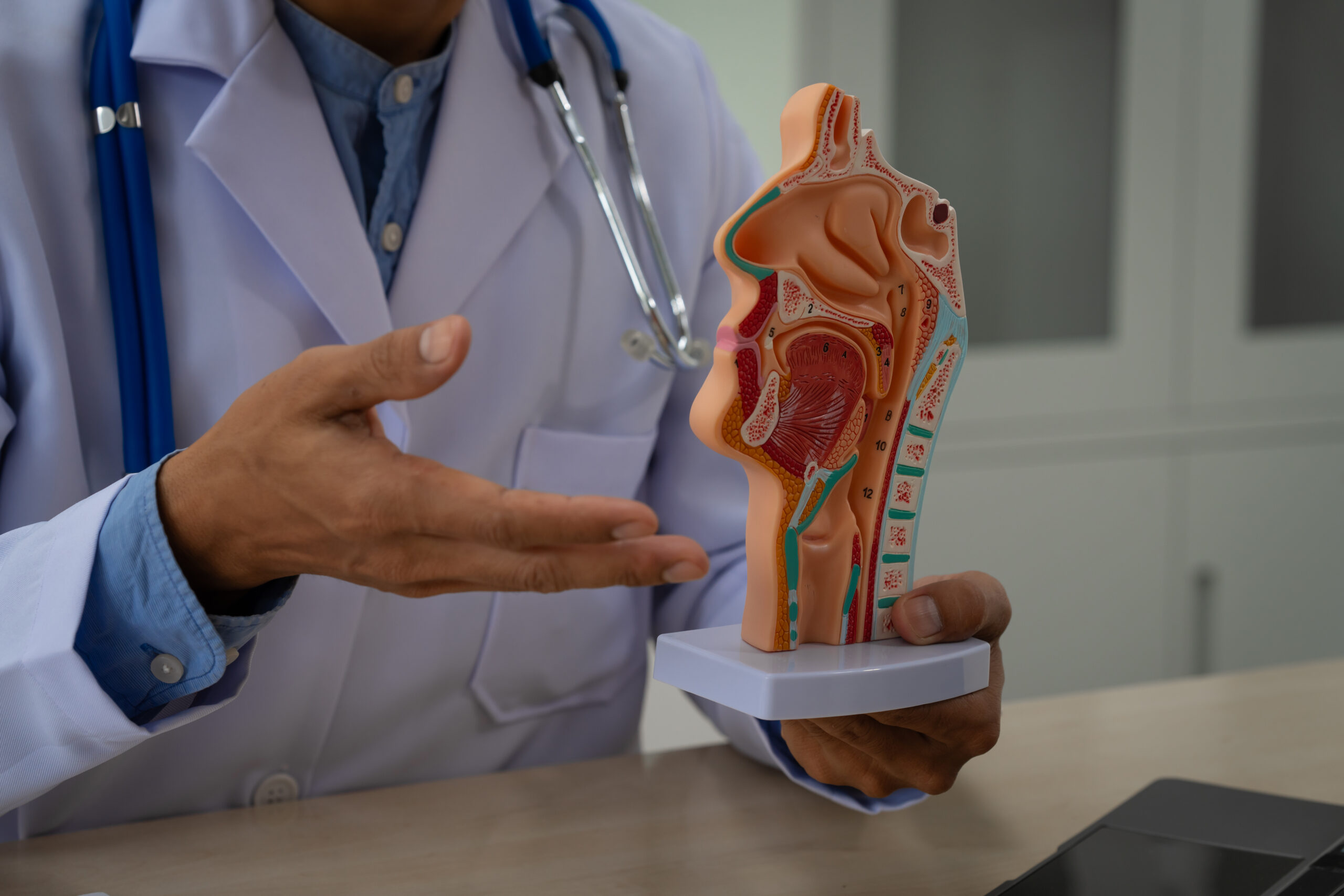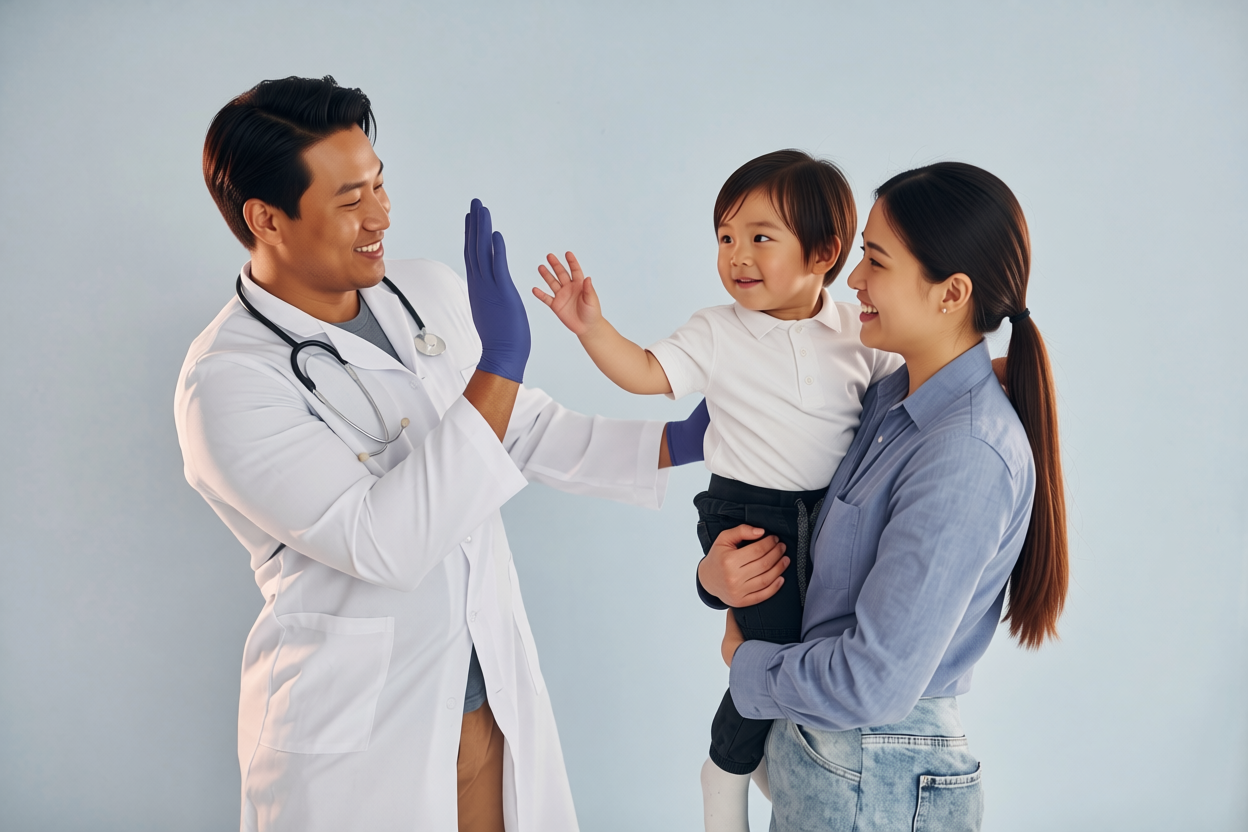With the recent discussion around the COVID-19 delta variant strain (previously referred to as the B1617 strain), you may have many questions about what this mutation is and what it means for the COVID-19 pandemic in Singapore. We have put together the most important things to know about the strain and what you need to watch out for.
Your Questions about the COVID-19 Delta Variant: Answered
Is the new Delta vartiant more infectious?
The Delta variant is a strain of the coronavirus that appears to be more contagious than other strains. It was first detected in India in October 2020, although has spread to more countries since then.
Its contagiousness is due to two key mutations in the virus. These mutations helps the virus attach itself better to our cells while also increasing its resistance to antibodies.
Due to these mutations, the virus may spread more effectively across the population. As such, there may be some cause for concern around the strain.
Who is most at risk of contracting the Delta variant?
The delta variant is more contagious than previous COVID-19 variants and poses a risk to everyone. However, based on some reports, it appeared that younger persons and unvaccinated individuals were at a higher risk of being infected. Regardless, it’s important that all of us continue abiding by safe distancing measurements as well as getting vaccinated when we are eligible.
Are vaccines effective against the Delta variant?
Yes, the two vaccines deployed in Singapore (Pfizer-BioNTech and Moderna) will still protect us against this strain. Recent research from BioNTech also supports this. Their findings demonstrate that the Pfizer-BioNTech vaccine are effective against B1617.
However, it is worth remembering that vaccines are not 100% effective. As such, it is still possible that vaccinated persons contract COVID-19. Depending on your immune system, even vaccinated, your body may still face difficulties in producing enough antibodies to fight the virus.
This doesn’t mean that we should put off vaccination though. Vaccination does help with alleviating the symptoms of COVID-19, so it’s still important that we get ourselves vaccinated the moment we can!
What should we do to protect ourselves from the Delta variant?
The same principles apply: mask wearing, maintaining social distancing and personal hygiene practices. On the type of masks, the Government has strongly suggested using masks with ‘good filtration capability’. Examples of these are:
- Single-used surgical masks
- Reusable masks made of at least two layers of fabric, with at least 95% bacterial filtration capability
Additionally, you should sign up and get vaccinated once you’re able to. Unvaccinated individuals stand a high risk of getting infected by the delta variant, given how infectious it is.
While we may feel overwhelmed by these new developments, particularly as the COVID-19 pandemic has lasted for more than a year, know that you are not alone. Reach out to your family members or friends, if you need someone to talk to or share your worries.
If you are feeling unwell, instead of stepping out to a clinic, you can also opt for a video consultation and have medication delivered to you in 3 hours. Our doctors are available 24/7, whenever you need, via the Doctor Anywhere app.







